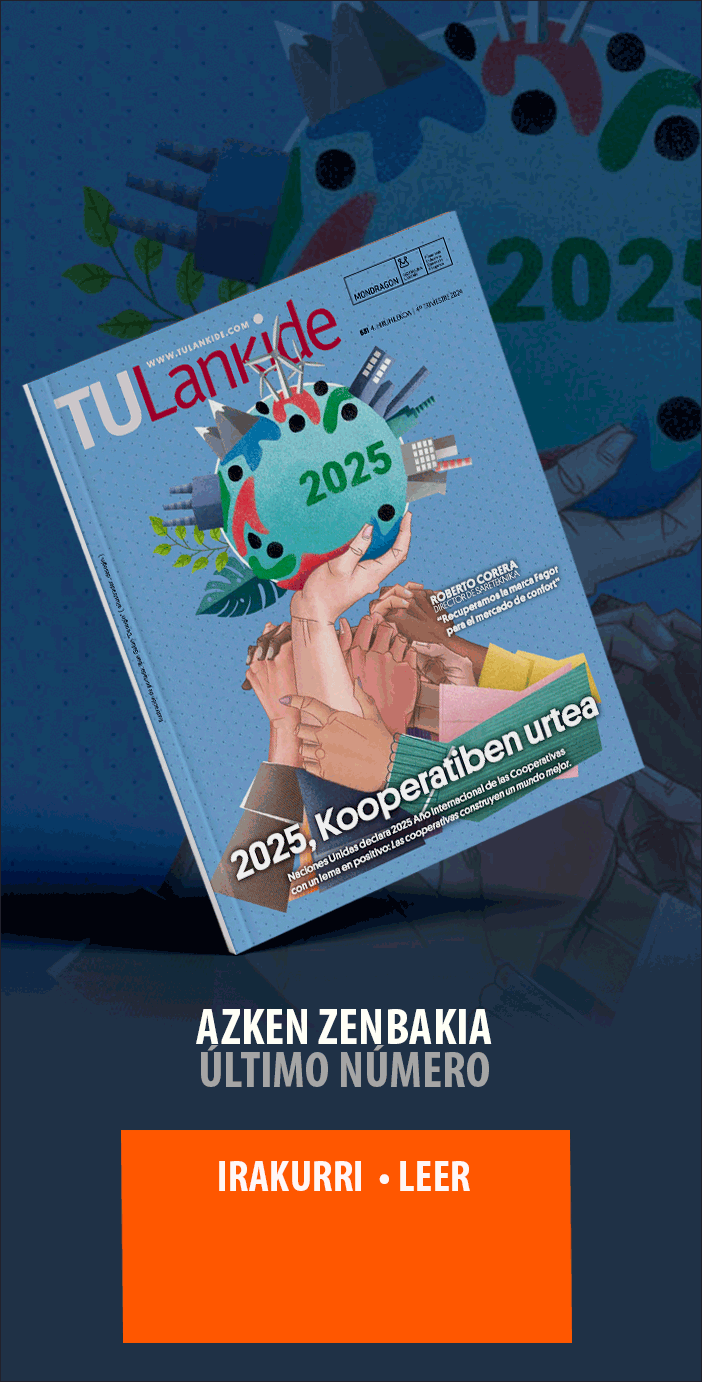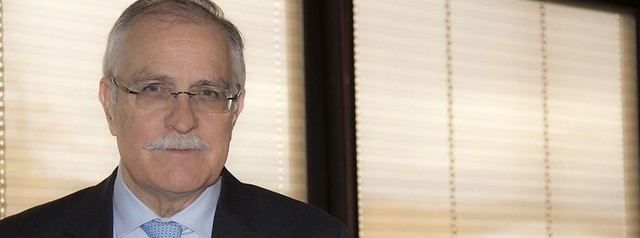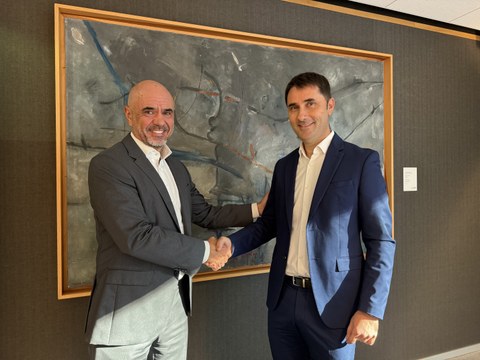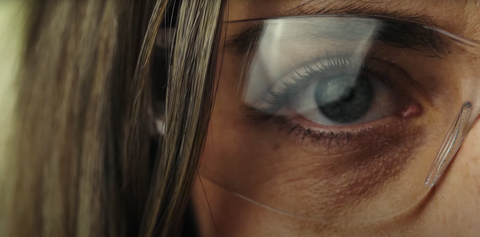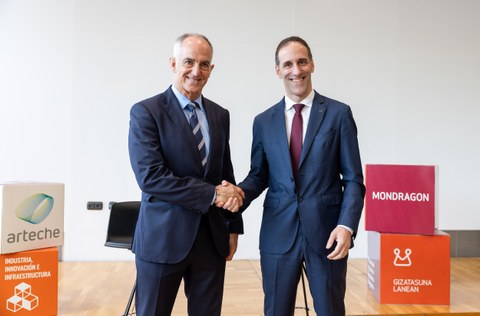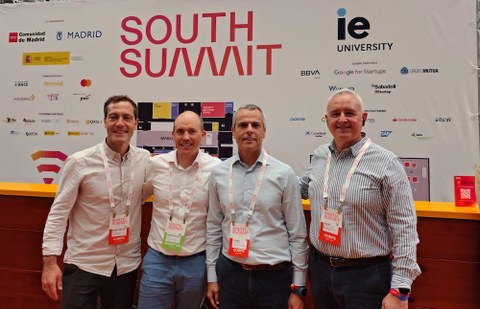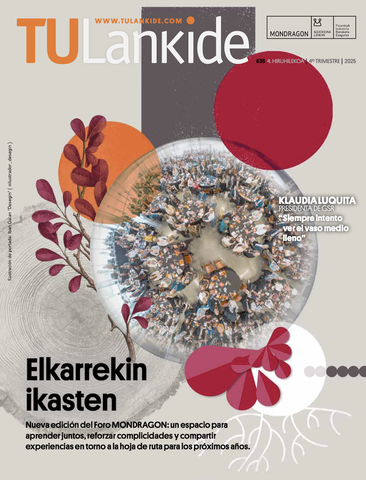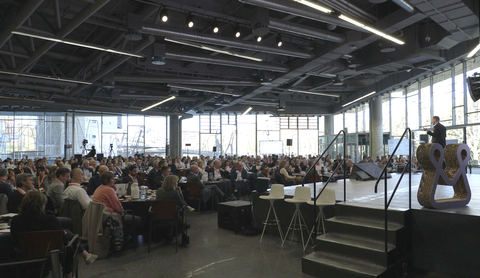Most read
- 1. Danobatgroup sets a new turnover record of €344 M in 2024
- 2. Danobat revolutionizes manufacturing with a new precision robot
- 3. MONDRAGON expands its digital presence with Bluesky
- 4. MONDRAGON leads ASETT, the Social Economy Hub for social transformation
- 5. Orbik Cybersecurity, the first technological start-up to become a co-operative
- 6. Eika acquires Stone Cooker S.L and its innovative 'Suiseki' table to boost growth
MONDRAGON in 2015 – growth in jobs, turnover and earnings
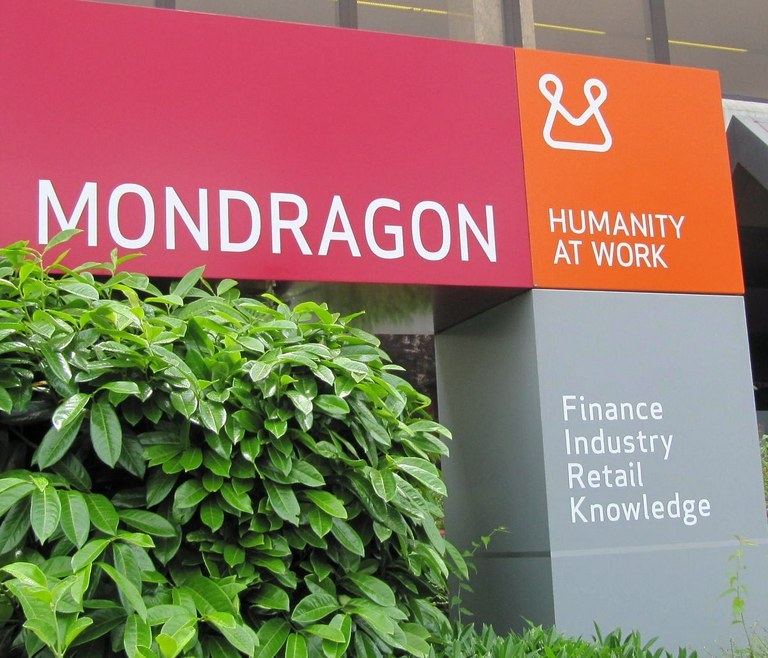
The MONDRAGON Cooperation holds a positive view of the figures for 2015, in which nearly all the indicators have improved over the course of the year.
MONDRAGON has 451 patent families, almost a quarter of all the patents in the Basque Country, with an investment of 153 million euros in R&D.
It has managed to better the level of employment recorded in 2014, with a total of 74,335 people, up 0.4%. Special mention should be made of the industrial cooperatives as a whole, as by the end of the year their workforces had 1,258 more people than the previous year (780 in the domestic market and 478 abroad).
In addition, satisfactory solutions have been found for 1,800 worker-members facing redundancy, through retirement, early retirement, and above all their relocation in other group cooperatives.
The firms and cooperatives that make up the MONDRAGON Corporation posted a turnover of 11.37 billion euros (a year-on-year increase of 2.8%). A highlight was once again the figure for investments, whose total last year amounted to 316 million euros. Over the past five years, the MONDRAGON cooperatives have spent 1.58 billion euros on this item.
These figures, and the moderate growth recorded so far in the first half of 2016, suggest that this upward trend will be upheld throughout the rest of the year, on the back of the Corporation’s high level of diversification and its commitment to innovation in its different business operations.
The strength of industry
Following the results already disclosed for the areas of Retail, Finance and Knowledge, the year’s figures for the Industry area have now been presented. MONDRAGON’s industrial cooperatives, with a total headcount of 32,925 workers (1,258 more than the previous year), have ended 2015 with an overall turnover of 5.1 billion euros (+7.4%), and earnings of 256.9 million euros (32.3% up on 2014). In addition, the industrial cooperatives invested 208 million euros over the course of the year.
The commitment to internationalisation has meant that sales in foreign markets now account for 71% of the figure for the industrial area. Last year saw new deployments in countries such as Mexico, the USA, France, Italy and the UK, which means there are now 128 manufacturing subsidiaries abroad (three more than the previous year).
Staying with the industrial area, there has been a noticeable recovery in the domestic market, with a year-on-year rise in sales for the second year in a row (6.4%), now totalling 1.49 billion euros.
MONDRAGON’s pledge to innovate is readily apparent in the Knowledge area, where the year has seen 153 million euros invested in R&D, which is 8.6% of its value added and 3% of overall turnover. The workforces in the 15 agencies that make up this area, together with the dedicated R&D staff in each cooperative, add up in total to 1,774 people. In addition, the sale of new services and products amounted to 597 million euros, which is 11.7% of the industrial area’s overall turnover.
A significant figure is the number of patent families that MONDRAGON has in force. In total, they amount to 451, which is almost 25% of the number for the entire Basque Country. Furthermore, the cooperatives have submitted over 100 projects to European R&D programmes. In addition, the Corporation heads the MANU-KET Advanced Technological Programme for Advanced Manufacturing, which combines advanced manufacturing with the technologies of the future: advanced materials, biotechnology, photonics, micro-electronics, and nanotechnologies.
The Retail area, which includes Eroski and the Erkop group, continues to be the largest employer within the Corporation. In total, 37,800 people work in the sector, which last year recorded a turnover of 6.27 billion euros, slightly down on the previous year. Business 2015 was a year in which Eroski undertook several divestments within the perimeter of its retail outlets, and concluded its rationalisation operations after provisioning for extraordinary impairments in tangible, intangible and real-estate assets for a value of 242 million euros, setting the company on the road to profit over the coming years; a business year defined, moreover, by the revamping of shops, the excellent reception by consumers of the Eroski Club programme, and sharp growth in the network of franchised outlets.
Finally, the Finance area ended the year on a positive note as regards both its solvency ratios and its liquidity and default rates. This area posted earnings of 110.3 million euros, quite the same on the previous year’s figure. In addition, the Lagun Aro EPSV pension fund rose to 5.8 billion euros at year-end 2015, 4.2% up on the previous year.
Outlook for the future
Looking forward to 2016 as a whole, and considering how these first months of the year have developed, Javier Sotil forecasts “moderate growth for this year, both in sales and in employment”.
Javier Sotil, chairman of the Corporations’ General Board of Directors, has made a positive assessment of business 2015 by stating that “we have managed to raise the level of employment across the Corporation as a whole, and grow especially in the Industry area, which for two years now has been setting a highly positive trend by creating more than 2,100 jobs, of which 1,368 correspond to domestic operations”.
In other matters, this coming 20 July will see Donostia-San Sebastian host the 2016 Cooperative Congress, where besides the ordinary items on the agenda, two motions will be discussed. The first is “MONDRAGON of the future”, which is organised into three main chapters: living the values –with a particular focus on self-demand and co-responsibility-; the organisational model –embracing 10 mobilising projects-; and a new proposal for financial intercooperation. The second motion, “Corporate social policy 2017/2020”, establishes MONDRAGON’s new business challenge for the next strategic cycle –to ensure that business operations are undertaken from sustainable competitive positions- and the strategies at the service of this challenge.
Javier Sotil has affirmed that this Congress will constitute “a new milestone in the Cooperative Experience’s history, signalling the start of a new era for the Group”.











